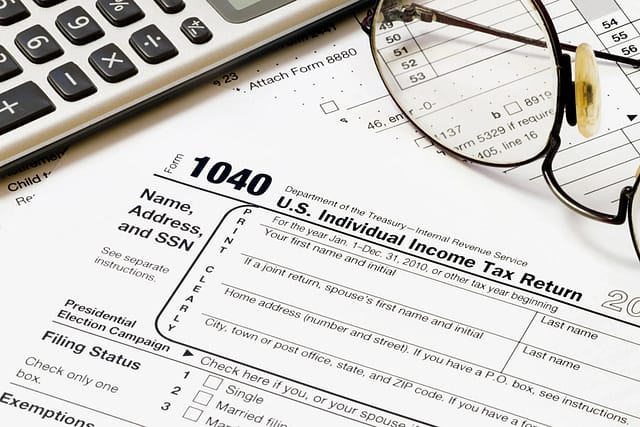Proposed Trump Tip Wage Tax Cut Impacts Dog Sitters

Introduction
Republican presidential nominee Donald Trump has run his 2024 campaign promoting a new proposed tax cut that would eliminate federal taxes on tip wages which would heavily impact the service industry if it were to take effect (assuming he is eventually elected and able to push this tax bill through). While many service workers who are on tip wage are most likely not reporting all cash tips, the electronic payment processors are required to report payments made to the IRS and provide 1099-K to the payment recipient for tax reporting purposes.
What does all of this mean for dog sitters? First, this proposed tax cut would likely reduce incentives for cash payments from dog sitting clients as it is likely that cash tips are encouraged by many sitters so that they can receive these payments “under the table.” Second, we would expect dog sitting rates on websites like Rover.com to decrease as many dog sitters may want to decrease the base rate charge in favor of leaving space for clients to provide a more generous tip. Third, professional dog sitters may have to consider potential implications of no payroll taxes on tips in their retirement planning.
Reduce Incentives for cash payments
It’s an established fact that tip income, especially cash tips, often goes unreported to the IRS and state taxing authorities, so it stands to reason that if those tips suddenly became tax free, the incentives to tip in cash would mostly go away and individuals would opt for the most convenient option.
Decrease dog sitting rates
As it stands now, dog sitters on Rover.com generally charge the rate they would be comfortable with if no tip were received. If a tip is received, great, but it’s not really expected. With these tips potentially becoming tax free, the bang for your buck is higher with tips than regular income so lowering your rate and encouraging tips may net a higher post tax income. The flipside is that tips aren’t required and you can’t predict what your clients will tip so there’s not guarantee they will consistently tip.
Retirement considerations
Currently, your social security benefit is calculated based on what you pay into the social security fund with your wages subject to social security tax being the measure. If tips make up a significant portion of your wages and those tips suddenly become tax free, it stands to reason that your social security benefit would also go down. There’s is not a clear solution for this in the proposed tax cut; however, it is something dog sitters should consider and account for in retirement planning. If that means contributing additional amounts to an IRA or SEP IRA, that is ideal as opposed to just enjoying the current benefit of paying less tax.
Conclusion
The overall goal of the tax cut would certainly relieve some of the current pressure that service industry workers face with rising costs and wages not rising as quickly. It may also incentivize workers in certain industries to change the structure of how they charge with possibly a handshake agreement with customers to charge less with the expectation of being tipped. More broadly speaking, this could have ramifications for the government if all industries try to get larger portions of income reclassified to tip wage. Lastly, the issue of retirement may need to be addressed within the proposed tax cut. If it is not, those earning the tips need to be more proactive about setting aside a portion of the their tip wages for retirement.





